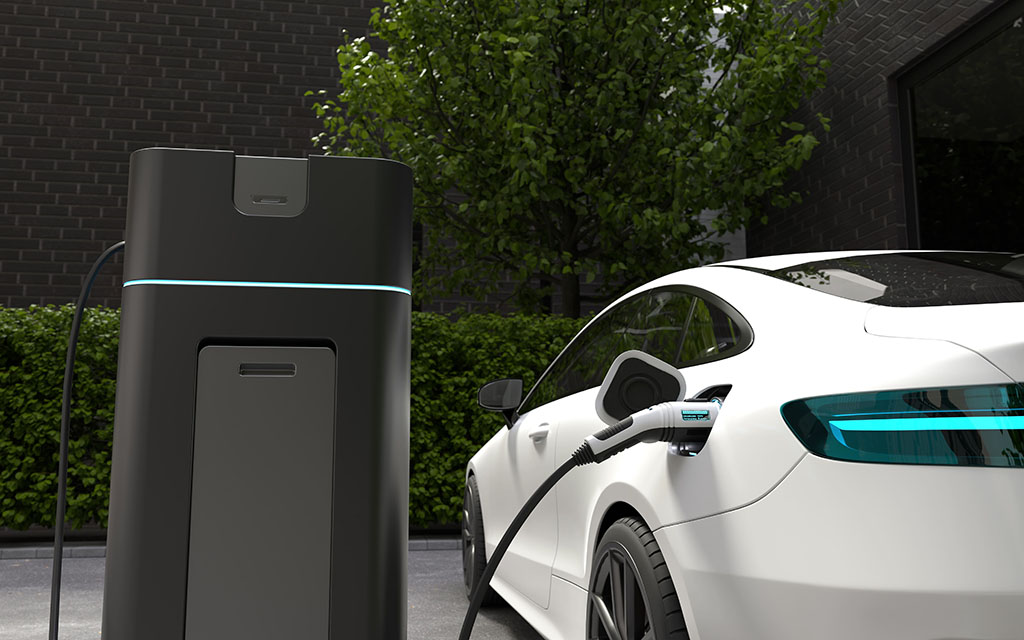The Cost of EV Charging Stations: What You Need to Know
Thinking about EV charging stations cost? As electric vehicles (EVs) become more popular, the need for charging stations is on the rise. If you're considering installing an EV charging station at your home or business. It's important to understand the costs involved and the installation process. This guide will provide you with all the information you need to make an informed decision.
Types of EV charging stations.
There are three main types of EV charging stations: Level 1, Level 2, and DC fast charging. Level 1 charging uses a standard 120-volt outlet and can take up to 20 hours to fully charge an EV. Level 2 charging uses a 240-volt outlet and can fully charge an EV in 4-8 hours. DC fast charging is the fastest option, using a high-powered charger to charge an EV in 30 minutes to an hour. The cost and installation process for each type of charging station can vary, so it's important to research and choose the best option for your needs.
Factors that affect the cost of installation(EV charging stations cost).
The cost of installing an EV charging station can vary depending on several factors. The type of charging station, the location, and the electrical infrastructure of the building are all important considerations. Level 1 charging stations are the least expensive to install, while DC fast charging stations are the most expensive. The location of the charging station can also impact the cost, as it may require additional construction or electrical work. Finally, the electrical infrastructure of the building may need to be upgraded to support the charging station, which can add to the overall cost.
Government incentives and rebates.
One way to offset the cost of installing an EV charging station is to take advantage of government incentives and rebates. Many states and local governments offer financial incentives to encourage the installation of charging stations, such as tax credits, grants, and rebates. Additionally, some utility companies offer incentives to customers who install charging stations, such as reduced electricity rates or rebates on installation costs. Be sure to research the incentives and rebates available in your area before installing a charging station.
Maintenance and operational costs.
While the initial cost of installing an EV charging station can be significant. It’s important to also consider the ongoing maintenance and operational costs. These costs can vary depending on factors such as the type of charging station, the location, and the amount of usage. Some common maintenance and operational costs include electricity usage, network fees, and maintenance and repair costs. It’s important to factor these costs into your budget and consider them when choosing a charging station.
Choosing the right EV charging station for your needs.
When choosing an EV charging station, it’s important to consider your specific needs and usage patterns. Factors to consider include the type of vehicle you have, the charging speed you require, and the location of the charging station. Level 1 charging stations are the slowest but can be used with a standard household outlet. While Level 2 charging stations are faster and require a dedicated circuit. DC fast charging stations are the fastest but are typically more expensive and require a higher voltage electrical supply. Consider your needs and usage patterns to choose the right charging station for you.
